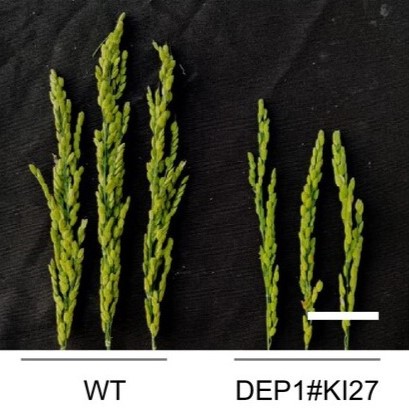
Gene knock-down using gene editing
Plant Science Research WeeklyAn efficient method of gene downregulation, where gene expression is reduced but not completely knocked out, is useful for crop improvement. Here, Shen et al. have developed a system to achieve this, by using CRISPR/Cas9 to insert an element containing a Kozak sequence and an ATG start codon just before…
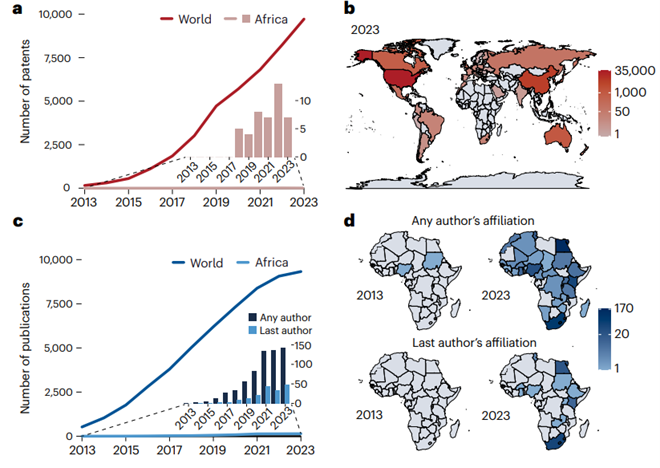
Making genome editing a success story in Africa
Plant Science Research WeeklyThe introduction of CRISPR-Cas technology in 2012 marked a significant advancement in global genome editing, yet its potential remains largely untapped in Africa, where it could address crucial challenges in agriculture, public health, and medicine. However, several obstacles hinder its full realization,…
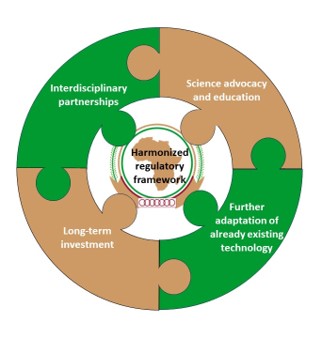
Comment: Unlocking the potential of agricultural biotechnology in Africa
Plant Science Research WeeklyAgricultural Biotechnology has the potential to significantly increase production, alleviate hunger, and improve global food security. However, its adoption in Africa lags behind other regions, facing challenges rooted in strict and varying policies, inadequate infrastructure, and insufficient economic…
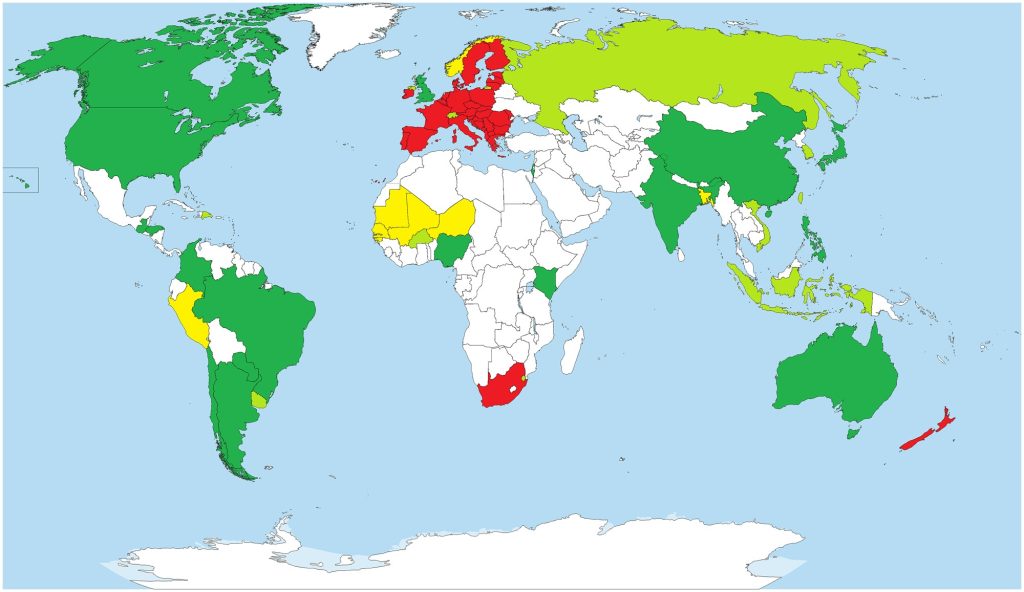
A transient approach reduces the time required for transgene-free gene editing
Plant Science Research WeeklyGene editing in plants is a time-consuming process. One of the challenges of gene editing is to produce transgene-free plants. The transgenes required to carry out selection and editing, such as antibiotic resistance markers and editing enzymes, must be removed, while the edited part of the genome is…
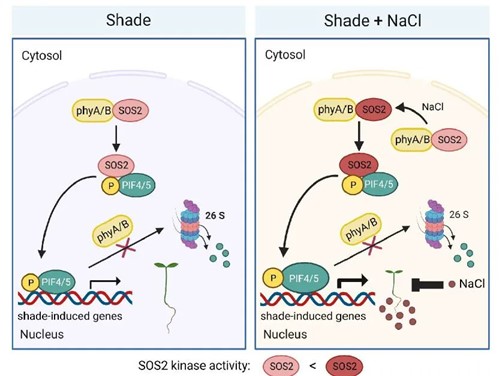
Precise integration of large DNA sequences in plant genomes using PrimeRoot editors
Plant Science Research WeeklyAlthough CRISPR/Cas9 tools have provided new opportunities for genome editing, using these systems to introduce large pieces of DNA has been challenging. A new genome editing technique, “PrimeRoot” (Prime editing-mediated Recombination Of Opportune Targets), was introduced by Sun et al. and shown…

Genome editing: An update on global policies and perceptions
Plant Science Research WeeklyThe CRISPR/Cas system has become a popular genome editing (GEd) method in animals and plants, which allows very fine alterations in target genes and avoids the concerns that accompany introducing genes from other organisms. To improve food security and accelerate breeding. this technology has been applied…

